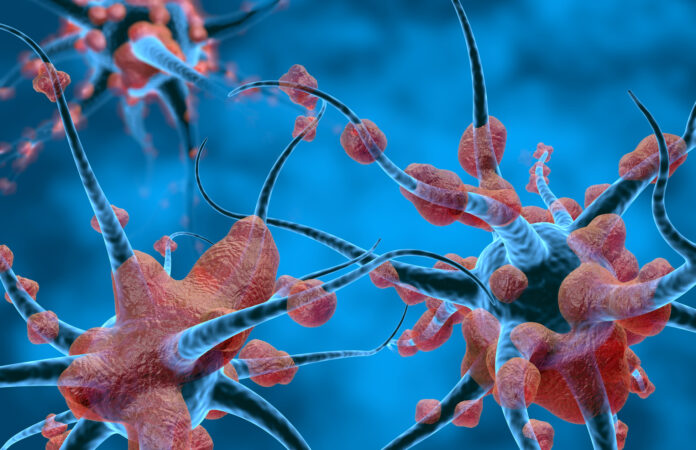
Clinical-stage biotech Verge Genomics, which is pioneering the use of artificial intelligence and human data, says its potential first-in-class therapeutic candidate for all forms of ALS has exhibited positive safety and tolerability data in its Phase I clinical trial. The candidate, VRG50635, was dosed up to the maximum single and repeated doses planned and the data as well as it pharmacokinetic profile supports advancement into a proof-of-concept in-human study of people with ALS.
We are extremely encouraged by these initial results which highlight the favorable safety and tolerability profile of VRG50635, and further validate the novel approach that Verge has taken to identify novel targets for complex diseases with high unmet need using human disease tissues and rapidly advancing compounds into proof-of-concept trials,” said Diego Cadavid, MD, Verge’s chief medical officer.
VRG50635 was developed after the company discovered PIKfyve as a new target for the treatment of ALS. The discovery was driven by the the CONVERGE platform which incorporates large multi-omic data sets directly from central nervous systems tissues gathered from people with ALS. Using this platform, the company advanced its ALS candidate from discovery to the clinical in only four years.
PIKfyve is a kinase thought to regulate endolysosomal function within a variety of cells, including neurons. The endolysosomal pathway is a critical cellular process involved in protein homeostasis, and research groups including Verge have shown that this pathway is dysregulated in ALS, which leads to neuronal death and disease progression. After identifying PIKfyve as an ALS target, Verge developed orally bioavailable PIKfyve inhibitors that showed efficacy in preclinical models and improves the survival of neurons in patients with ALS.
Topline data from the Phase I study showed that:
- VRG50635 was safe and well tolerated with no serious adverse events.
- The compound was escalated to the highest single and multiple repeated doses planned.
- The pharmacokinetics showed dose-proportional increases in Cmax and AUC and a terminal half-life of approximately 37 hours for the active metabolite that supports once-daily oral dosing of VRG50635.
“The lack of predictive animal models is one of the greatest challenges to developing effective ALS therapies today. This is why we’re excited to advance VRG50635, a drug derived directly from human data, into trials in people with ALS,” said Alice Zhang, CEO and co-founder of Verge Genomics. “Our innovative proof-of-concept ALS study is designed to overcome historical challenges in ALS clinical trials by using state-of-the-art technology, such as digital at-home devices and blood-based biomarkers, that can capture richer, higher-fidelity patient data and have the potential to detect efficacy with greater sensitivity.”
VRG50635 is Verge’s most advance program. It also has an ongoing three-year collaboration with Eli Lilly, announced in 2021 for the discovery of other potential ALS therapeutics. It has also inked an agreement with an undisclosed pharma partner to identify other PIKfyve inhibitors as potential antiviral treatments for COVID-19, which is now in the preclinical phase. Other programs still in early or late discovery focus on CNS therapies with three active programs in Parkinson’s disease, as well as ones in a range of dementias and schizophrenia.
